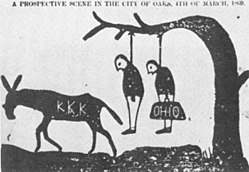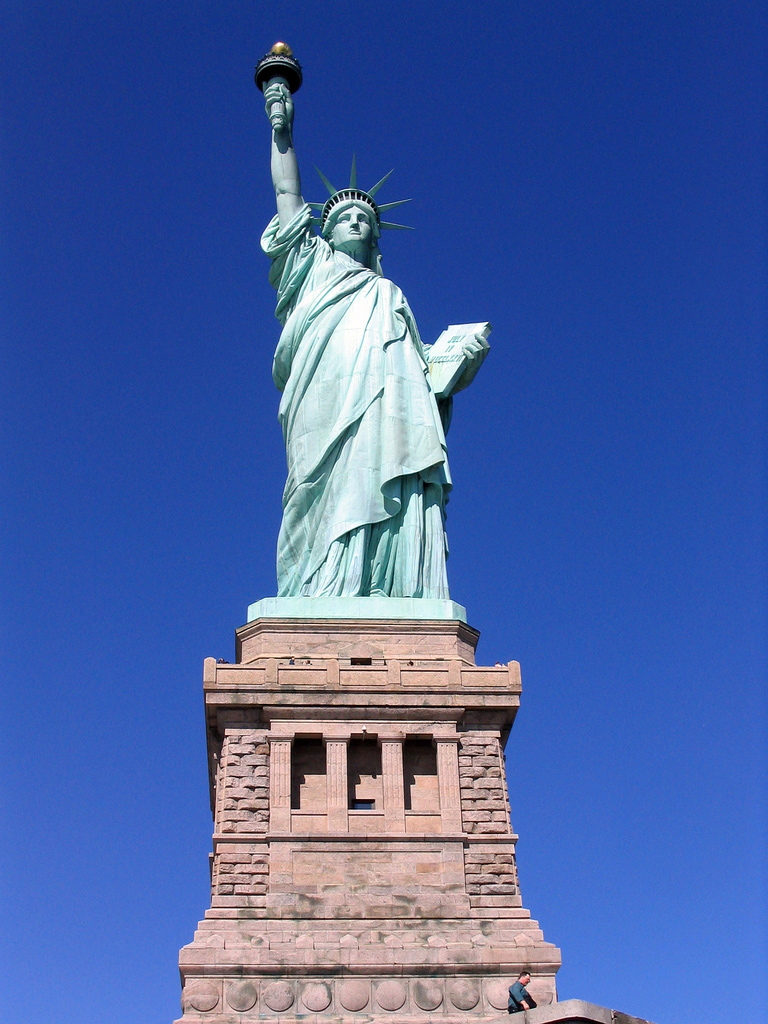I completely agree with what Adam’s saying about the author Silko not providing the other side of the story and how it’s not only border patrol that attack immigrants, it’s also the other way around. I’d also like to add that when she compares Germany’s “Iron Curtain” to the “10 feet high” steel wall that the US government is building. I feel those to things have nothing in common. Germany’s wall was erected to stop east Germans from fleeing to the west. This is not the reason why the U.S. government is starting to put up their wall. That reason is because of illegal immigration that is hurting our economy. Yes we are trying to stop Mexicans from coming over the border, but this is for legal reasons, where as east and west Germany were technically one country, The US and Mexico are two different countries, so if people come over to the US illegally, it messes up the whole balance of the US economy and other parts as well.
Rachel's Blog
Thursday, November 17, 2011
Tuesday, November 15, 2011
Journal 14: If I were a soldier
In Tim O’Brian’s “The Things They Carry,” There is a sense of secrecy in the soldier’s true emotions and in the meanings of the items, they carry. For example, some of the men were superstitious and carried things such as a rabbit’s foot. “Lieutenant Cross, carried his good luck pebble”(1465). This pebble had come from his girlfriend, Martha. He keeps this pebble to remind him of his life back home and of his girlfriend.
If I were a soldier in a war, the most of the things I would bring are things that or of the necessity. Of them, I would have a canteen for water, some kind of gun, a few items of clothing and plenty of food. I would also my Bible. This book would not only remind me of God, and how he watches over us, but also of my parents and their strong faith in the Lord. I’d also take with me pictures of my parents, sibling and of extended family and some stationary so that I would be able to write back to them. I’d probably also carry some kind of water tablets, wo I wouldn’t have to deal with all the infected water and maybe some kind of pills that could help with disease. Finally for comfort, I’d bring a small stuffed animal, because whenever it gets lonely and I get scared, I can hug that stuffed animal to make me feel better. I’d probably try not to let anyone see it though.
Monday, November 7, 2011
Journal 13: Zitkala-Sa
I do not think that “The School Days of an Indian Girl” is a story about fulfilling the American Dream. This story is about perseverance through the hardships placed on an Indian girl by white people. If this was a story about the American Dream then the little Indian girl would have chosen to go to a boarding school and dreamt about moving up in society, but instead she was forced to go to school. Isn’t the American Dream all about choosing your own future? I mean isn’t that what people came over to American for? Sure, they came so they could become successful, but in their own way and isn’t success subjective to every person. For example one person might think he’s the richest man alive because he has the most money, but on the other hand another man might think he’s the richest man alive because he has a family. So success isn’t the same thing to every person. I think success is subjective to what that individual person wants and if something is forced on you, then obviously you didn’t want it. This is what happened to the little Indian girl. The quote “I laughed no more in triumph when thus alone. The little taste of victory did not satisfy the hunger in my heart” (438) describes how unhappy she felt after being pushed through school. She did not fulfill her dream of success, which is what the American dream is all about.
Wednesday, November 2, 2011
The Overthrow of the Queen of Hawaii
“Let it be understood that I have not failed to notice it, and to be not only flattered by its universality, but further very grateful that I have had the opportunity to know the real American people, quite distinct from those who have assumed this honored name when it suited their selfish ends.”
This quote really stuck out to me. From reading it, I think she understands that not all Americans wanted to overthrow her and the Hawaiian monarchy, at least not the “real Americans.” Only the ones who wanted control over capitalism and resources in Hawaii wanted control of it. The previous line says that most Americans are sympathetic with her and encouraged her.
Thursday, October 27, 2011
Journal 11 – White Cruelty

It is evident in both Claude McKay’s works and Pauline Hopkins’ story that even after the civil war blacks still weren’t treated as equal. Both of these authors seem very outspoken and almost fed up with everything that is happening.
In Hopkins’ story “As the Lord Lives, He is One of Our Mother’s Children”, people mistake a man for a murderer, and only after his execution did they figure out the truth. I think that overall this had a message of “don’t judge a book by its cover”, especially blacks. Hopkins was trying to convey that just because a person is black does not mean they are automatically and evil person and a murderer.
Out of McKay’s poems, I feel that “Outcast” and “The Lynching” were the most emotional. It seems that these to poems seem to convey a message of sadness that he can’t ever be equal with white and especially in “The Lynching”; he says that they will never learn from the errors. “And little Lads, lynchers that were to be, / Danced around the dreadful thing in fiendish glee.” It’s almost too horrific to read. That fact that little boys would be laughing and dancing around a lynched dead man just makes me sick. If I had children and they started doing that, I’d spank them so hard their butts would fall off. “Outcast” also pulls at your heart a bit, because no one wants to feel like his or her different from everyone else and almost everyone can relate to that poem in some way. The most gut wrenching part of the poem is the last two lines, “For I was born, far from my native clime, / Under the white man’s menace, out of time.” These two lines are both sad and interesting, because it gives you a kind of glimpse into what life was like for slaves and how they felt about it.
Tuesday, October 25, 2011
Journal #10: The Aha Moment
My Aha moment came from "Learning To Read" by Francis Harper. As I read through the poem it explained to me how after the civil war, teachers came down to the southern states to start educating emancipated slaves, but it wasn’t all sunflowers and daisies. Southerners still resisted the thought of teaching former slaves to read. “Well, the Northern folks kept sending / the Yankee teachers down; / And they stood right up and helped us, though the Rebs did sneer and frown.” The “Rebs” is referring to the southerners and the poem goes into detail about how many slaves tried to teach themselves to read before the war by little things such as listening to kids spell out words and hiding books and papers in a hat. Even after the civil war, people still didn’t want African Americans to read. It was thought that for some blacks, learning to read was hopeless because they were too old, but they learned non-the-less.
Also in previous works we read, it seemed that Yankees didn’t help the African Americans before the war, but now they are sending all these teachers down to help educate them. It kind of says something about their character. Only after they won the war did they start to help the slaves, only after they knew that no one could come after them, did they start to help educated African Americans.
Also, I learned that African Americans wanted to read not only to be seen as equals but also so, they could read the bible. “So I got a pair of glasses, / And straight to work I went, / And never stopped till I could read / The hymns and Testament.” It’s interesting to me that the thing that southerners were afraid of, was the thing that African Americans wanted, but not for the purpose that the slaveholders thought.
Thursday, October 20, 2011
Journal #9: Response to Devin Spencer

I agree with this notion however, I do believe there is another difference between now and then. My question is was there such a thing as illegal immigrants? Was there such a thing as having to do something to become a legal US Citizen or could someone just walk right on to US soil and just say “Ok, I’m a US citizen now,”? If this is the case and there was no such thing as an illegal immigrant then we have to think about now is that we have illegal immigrants and that is why we are so hostile towards them because we all go by the rules and it’s unfair for someone to get the same things as us by cheating. In this country, we are all about Equality for everyone and that means in opportunity and in punishment. If one of us were to cheat to get something we are likely to go to jail, but if an illegal immigrant cheats, well one you won’t know it, because you don’t even know that they are an illegal immigrant and two they’ll probably get off somehow because of somebody somewhere who pities them.
Anyway back then and now are very different when you look at immigration. Back then, there were no rules, but now there are probably too many. I agree we do need to be a bit less hostile towards immigrants, but as for illegal immigrants, I am not so sure.
Subscribe to:
Posts (Atom)


